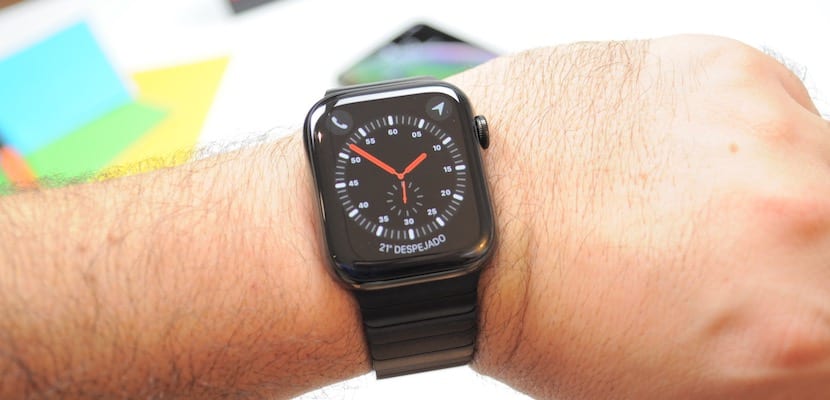
For a couple of years now we can use the Apple Watch to open our session in macOS without having to enter our login key. In addition we can also use it to authorize purchases through Apple Pay on our Mac. A comfortable alternative for those of us who do not have a Mac with Touch ID.
Apple looks like you want to take these authentication options further with your smartwatch, and with macOS 10.15 you could extend these functions to others such as entering passwords to access websites or even using the "sudo" command in Terminal.
The Apple Watch could be a perfect replacement for Touch ID on Macs. Once attached to your wrist, and as long as you don't take it off, it stays unlocked the first time you enter your password, and that could be used on macOS in conjunction with others. security options such as "iCloud Keychain", as is already done with Apple Pay or logging into your account. While in some cases it is an automatic process, such as logging in to Mac, in others it does require user intervention, as with Apple Pay that asks you to press the side button twice to confirm the purchase.
Apple wants to extend these authentication functions of the Apple Watch. With iCloud Keychain you could enter the username and password that we have saved in any login field (and that is synchronized on all our devices through iCloud). It is more than possible that this requires us to confirm in some way, to prevent someone from entering our account simply by sitting near our Mac, but a couple of presses of the side button or a touch on the screen would be more than enough for it. It could also be an option available in Terminal, each time the administrator password is requested with a command.